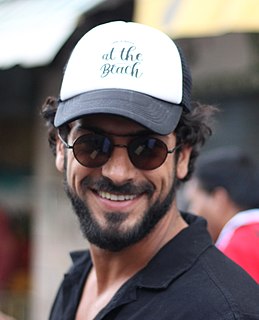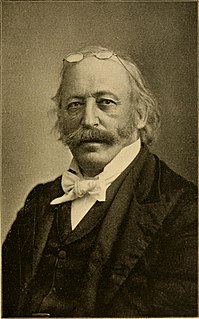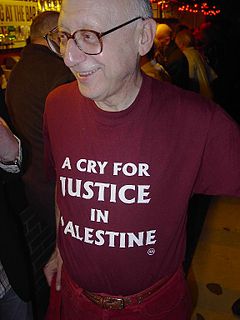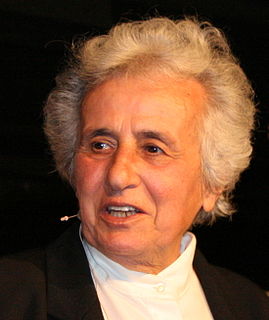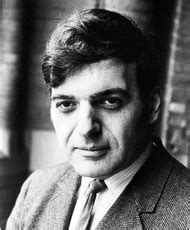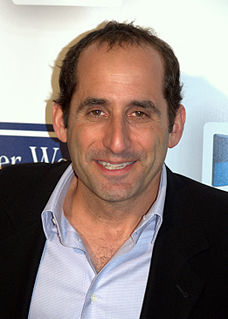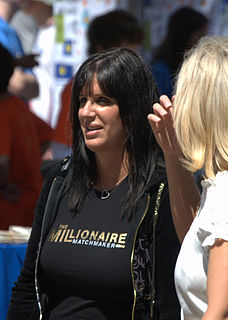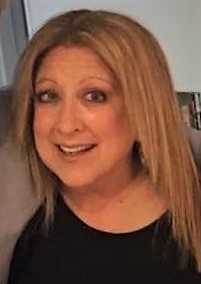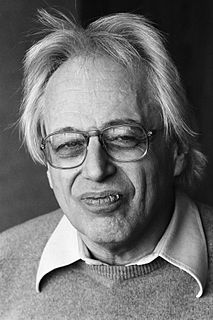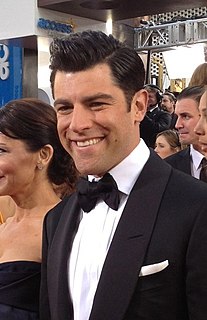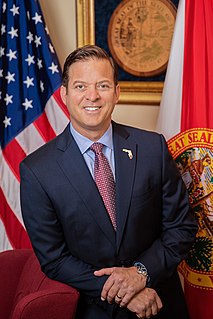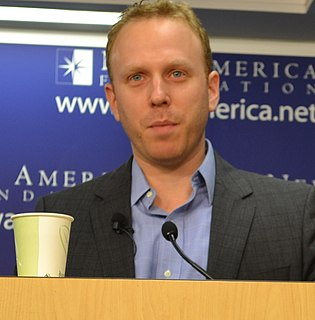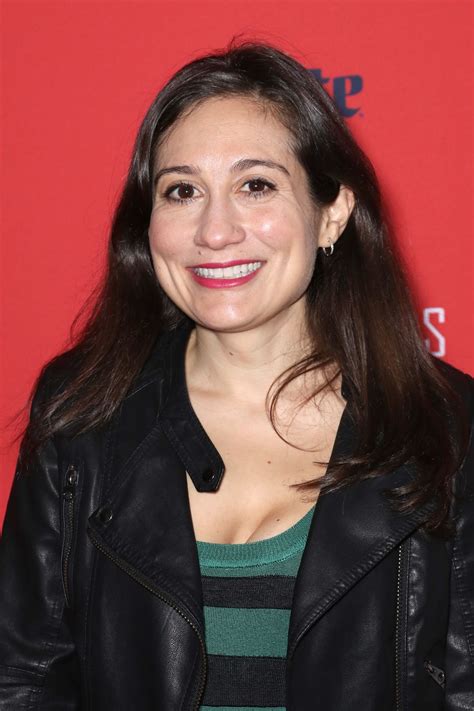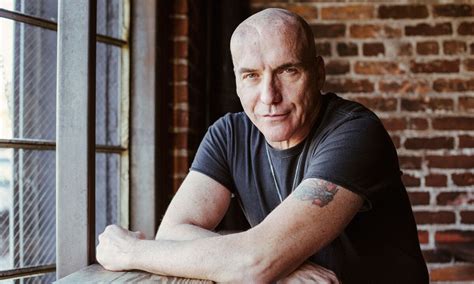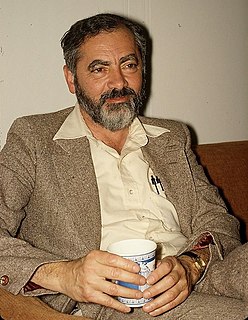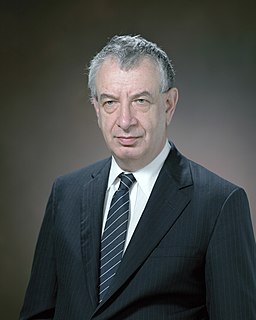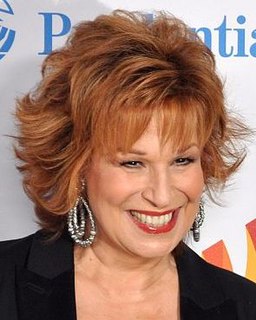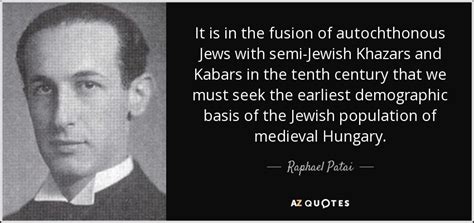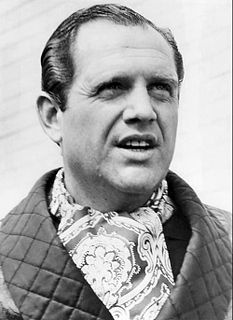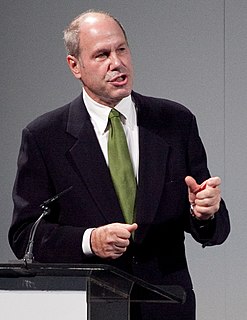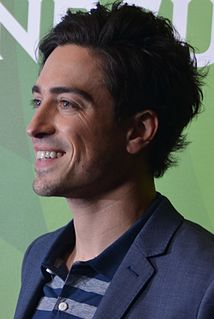Top 1200 Jewish Identity Quotes & Sayings - Page 3
Explore popular Jewish Identity quotes.
Last updated on December 19, 2024.
I read about the Trinity. I found something - Jesus was Jewish, he was a rabbi! - and I read a lot of stories about Jesus in Israel. And it's interesting that they picked me for this part in The Snack, and I'm Jewish, I'm kind of religious Jewish from Israel, and I don't look like the traditional Jesus with the long blonde hair and blue eyes.
I see fashion as a proclamation or manifestation of identity, so, as long as identities are important, fashion will continue to be important. The link between fashion and identity begins to get real interesting, however, in the case of people who don't fall clearly into a culturally-recognized identity.
All over the world today people have a very strong desire to find a sense of identity, and at the same time that's coupled with the rise of absolutely absurd wars that relate to ethnic identity. Perhaps there is something deeply ingrained in people that relates to a sense of belonging, and without that, identity doesn't seem as real as it should.
I think I started writing about identity, and I used to believe that identity is the story. But now I'm not so much subscribed to that. I mean, with 'Mr. Fox,' it has a feminist agenda as well. And so, as I sort of been away from writing about identity, I still feel that kind of tug of roots and, you know, cultural background.
In school they told me I was a Jew, "a filthy Jew." At first I asked myself what exactly that was. But then I began to understand. I was a Jew, I was a member of the Jewish faith, the Jewish community. One time, when I was giving a reading at a school, someone asked me: "If it was so dangerous to be Jewish, why didn't you convert to Christianity?" My response was: "It's not as easy you think. When you're a Jew, you're a Jew.
If a man has a sense of identity that does not depend on being shored up by someone else, it cannot be eroded by someone else. If a woman has a sense of identity that does not depend on finding that identity in someone else, she cannot lose her identity in someone else. And so we return to the central fact: it is necessary to be.
Major Trends [is] the canonical modern work on the nature and history of Jewish mysticism. For a sophisticated understanding, not only of the dynamics of Jewish mysticism, but of the exquisite complexities of Jewish history and tradition, Major Trends is a major port of entry through which one must pass.
All third world literature is about nation, that identity is the fundamental literary problem in the third world. The writer's identity is insecure because the nation's identity is not secure. The nation doesn't provide the third world writer with a secure identity, because the nation is colonized, it's oppressed, it's part of somebody else's empire.
If you embrace a project that will require time and patience, then you need something to work on. So the first step of the project is to create an identity. If you don't have an identity, then today you want this player and tomorrow another one. If you have an idea and a shape, then this is how you develop an identity.
We came here to a country that was populated by Arabs and we are building here a Hebrew, a Jewish state; instead of the Arab villages, Jewish villages were established. You even do not know the names of those villages, and I do not blame you because these villages no longer exist. There is not a single Jewish settlement that was not established in the place of a former Arab Village.
I was examining what religious identity meant in Africa. Along the edge of the Islamic world, what patterns were shaping identity? And the truth is, when I looked at the rise of violent forms of religion, no single identity was prevalent. It's central to note that in Nigeria, that tree is rooted primarily in Christianity. It's not just Islamic militants in the Middle Belt.
There was [ in New York] - some of it was this perception of the Midwest that I realized in this multicultural city that - and I don't think it's as true as it was - but everyone was kind of like, what, are you Jewish? Are you Italian? What are you? You know, are you black? Are you da-da-da? Are you Puerto Rican? And so I ended up - my ethnic identity was Midwestern, was white bread. And so it informed a lot of my stand-up.
